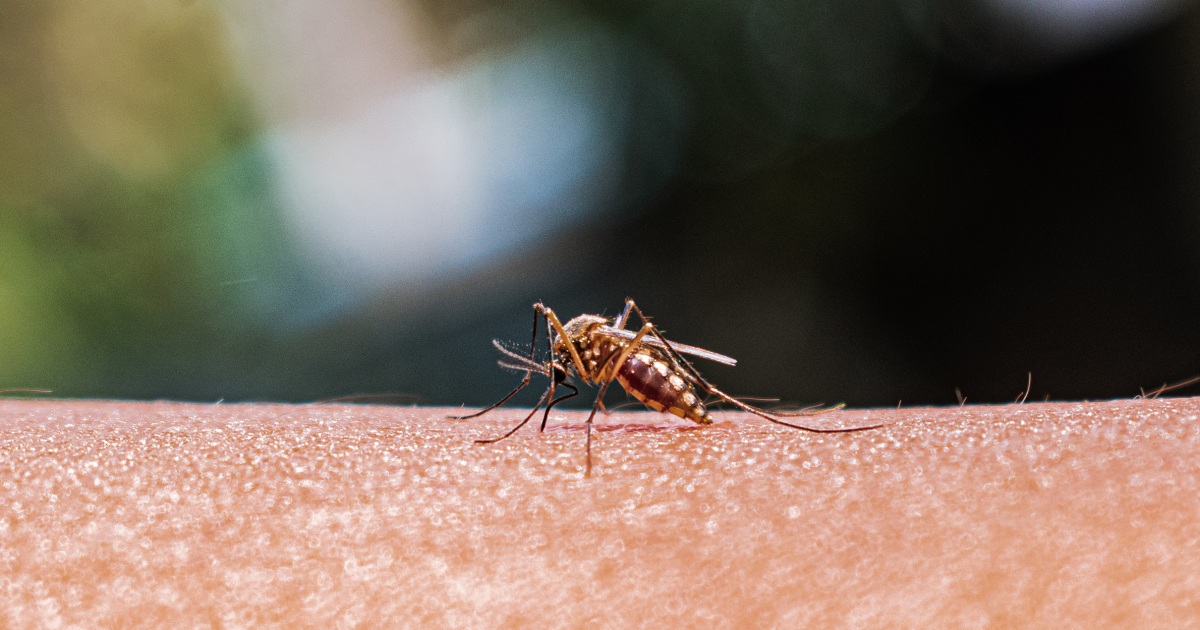
The Centers for Disease Control and Prevention issued a health alert to doctors, public health authorities and members of the public on Monday after documenting five cases of malaria acquired within the U.S. over the last two months.
The cases — four in Florida and one in Texas — are the first in 20 years to be acquired locally, meaning the infections were not linked to travel outside the country. The last such local cases were identified in 2003 in Palm Beach County, Florida.
There is no evidence to suggest that this year’s Florida and Texas cases are related, the CDC said, adding that the risk throughout the country remains extremely low.
Malaria is a serious, sometimes fatal, disease usually transmitted by mosquitoes. The disease does not spread from person to person, but mothers can pass malaria to their fetuses during pregnancy or to their infants during delivery.
“Malaria is a medical emergency,” the CDC alert said.
All five patients have gotten treatment and are recovering, according to the agency.
The Texas Department of State Health Services announced the detection of its local malaria case last week, in a person who had spent time working outdoors but had not traveled outside the country or state.
The department advised Texas residents to protect themselves from mosquito bites by using insect repellant and wearing long sleeves and pants. Since mosquitos lay eggs in standing water, the department also encouraged people to drain puddles, keep gutters clear, cover trash containers and regularly change the water in pet dishes and bird baths.
The Florida Department of Health, meanwhile, issued a statewide mosquito-borne illness advisory on Monday, which said its four cases were all reported in Sarasota County.
The recent U.S. cases were caused by a parasite that infects mosquitos called P. vivax, according to the CDC. The parasite isn’t as deadly as some others that cause malaria, but it can lie dormant in the body and cause chronic infections months to years after an initial illness.
Typical signs of malaria include fever, chills, headache, muscle aches and fatigue. Some patients may also experience nausea, vomiting and diarrhea, according to the CDC. Symptoms typically appear 10 days to four weeks after being bit by a mosquito.
In its health alert, the CDC said that malaria cases may also start to rise this summer due to increased travel to and from places outside the U.S.
Before the Covid pandemic, the U.S. saw around 2,000 cases of malaria each year, nearly all of which were detected in people who had traveled to other countries. Around 5 to 10 of those people died annually, the CDC said.
The CDC said doctors and hospitals should have a plan for rapidly diagnosing a malaria patient so that they can start administering antimalarial drugs within 24 hours. In particular, the agency said, hospitals should have ready an intravenous version of a drug called Artesunate — the only one approved to treat severe malaria in the U.S.
The CDC also advised anyone planning travel to an area where malaria is transmitted to talk to their doctors about taking preventative medications.






